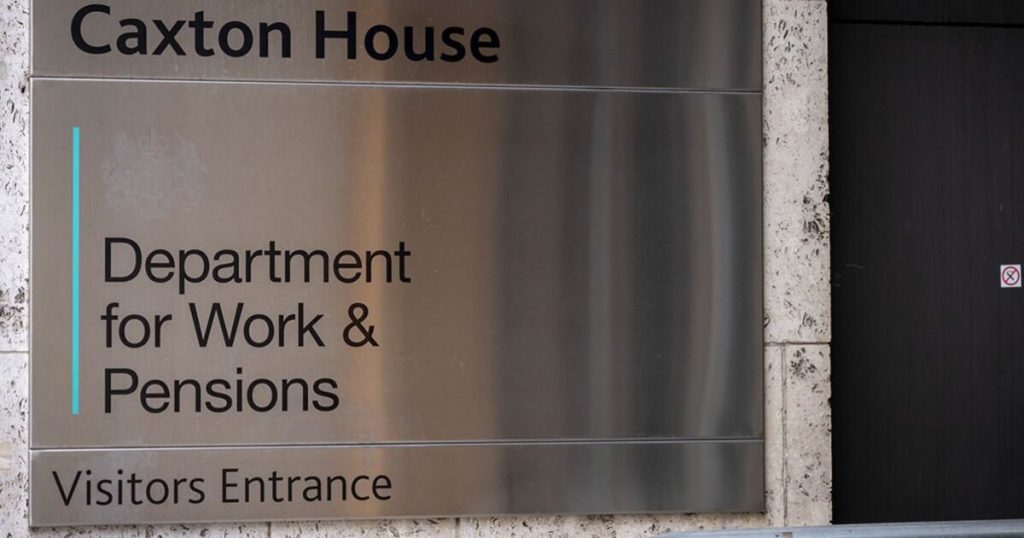
The Department for Work and Pensions (DWP) has issued a new warning against online fraud, sharing three details people should never share.
Fraud cases are on the rise, and as many as 72% of them start online, according to research from UK Finance.
With criminals’ scam tactics becoming increasingly sophisticated, making them harder to spot, it’s important that people stay vigilant and safeguard their personal information.
In a new post on X, the DWP wrote: “Protect yourself from online fraud.
“Keep your sensitive information off social media and out of Direct Messages.”
It added: “Do not share your full name and date of birth, National Insurance number, answers to security questions.”
The DWP’s warning serves as a reminder that sharing even seemingly harmless details can put individuals at risk of identity theft or fraud.
According to Action Fraud, the UK’s national reporting centre for cybercrime, criminals can exploit personal information in various ways once they obtain the necessary details. This can enable fraudsters to:
- Open bank accounts.
- Obtain credit cards, loans, and state benefits.
- Order goods in the victim’s name.
- Take over existing accounts.
- Secure mobile phone contracts.
- Obtain official documents such as passports and driving licences under false identities.
People are urged to contact Action Fraud if they think they’ve lost money or been hacked by an online scam.
If you’re in England or Wales, you can:
- report online – either sign up for an account or continue as a ‘guest’
- call 0300 123 2040
If you’re in Scotland, you can report the crime to Police Scotland.





